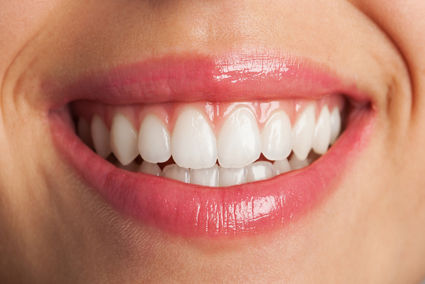
Periodontal diseases are also known as gum disease or periodontitis. The medical condition affects the tissues surrounding the tooth as well as the jawbone in its advanced stages. If left untreated, the gum inflammation (gingivitis) can turn into periodontitis, a bacterial infection in the gum that can loosen the teeth or misalign them. Estimates suggest that it is amongst the top five reported reasons behind teeth loss in the United States and needs to be treated quickly to reduce the damage to the jaw bone.
Research suggests that dental plaque bacteria trigger periodontitis. It can result in blocked arteries, which can cause heart diseases. Dental disease can also cause further trouble for patients who have diabetes and respiratory disorders. Thus, signs like bleeding and swollen gums should not be ignored.
There are multiple options to treat periodontitis. Non-surgical alternatives can be suitable mostly for cases that are not advanced.
Scaling And Root Planning (SRP) Treatment
When it comes to the list of non-surgical, conservative treatment options for periodontitis, SRP makes the list of the most preferred ones. As a part of this treatment, dentists remove tartar and plaque from the affected tooth and surrounding areas.
The dental care expert may advise the patient to opt for the local anesthetic to avoid the discomfort caused due to scaling and smoothing away the rough remains (root planning).
Depending on the severity of the case, the patient may require to visit the dentist more than once. After a few weeks, the gums reattach and heal automatically. The treatment can prove to be the most effective option for stopping the progression of the disease while it is in the initial stage.
Pocket Reduction
Usually, the teeth remain surrounded by gum tissue and bone. But once infected by the periodontal disease, the mass gets infected and starts forming a deep pocket-like structure around the teeth. To make matters worse, the bacteria start accumulating in these pockets.
Roswell Dental Care specialists recommend periodontal pocket reduction treatment (flap surgery) to clean this space if the concerned pocket is too broad to be cleaned at home with oral-hygiene products. The pocket reduction procedure is simple. The dentist cleans the bacteria and folds the gum tissue back.
If ignored, these pockets full of bacteria can trigger a bone loss, and the patient may require a tooth extraction in case of too much damage. The disease recurrence can be avoided by reducing the bacteria pocket and visiting the dentist in Roswell for the follow-up treatment regularly.
Laser Bacterial Reduction
FDA-approved lasers are used for destroying bacteria that cannot be reached by common dental cleaning tools. Large bacterial colonies can be targeted without surgically opening surrounding tissues. Using a laser also prevents the infection from spreading. Dental surgeons often use it for cleaning inflamed periodontal pockets.
Tissue Regeneration or Bone Grafting Procedure
It is a surgical process performed to promote the growth of tissues and bones that were removed or damaged due to periodontal disease. During the surgery, the dental care expert cleans the bacteria accumulated in the affected part and inserts synthetic or natural (membrane) tissues in the place of the lost tissue and bone. The procedure helps in retaining the tooth structure (jaw support) as well as the function.
Dental Implants
After completing the tissue regeneration at the site of tooth extraction, dentists recommend patients go for a dental implant. The tooth’s natural structure is replaced with a titanium screw root and prosthetic or ceramic crown. Implants can completely restore jaw support and tooth functionality.
Gum Graft Surgery
At times, thin gum type or periodontal diseases cause gum recession and expose the tooth root. Dentists recommend gum graft surgery to cover the roots and protect them from decay or future periodontal attachment loss. Gum tissues from the palate or other parts of the mouth are used for covering the damaged area.
Treatment option needs to be selected after a careful check-up of the affected areas. In some cases, x-rays might be required to check the extent of the damage.
The dentist may also prescribe antibiotic medication for gum infection that keeps on returning after a few days from cleaning. If you are looking for Roswell Dentists with considerable experience in offering periodontal treatments, please call us at TruCare Dentistry for an appointment.
